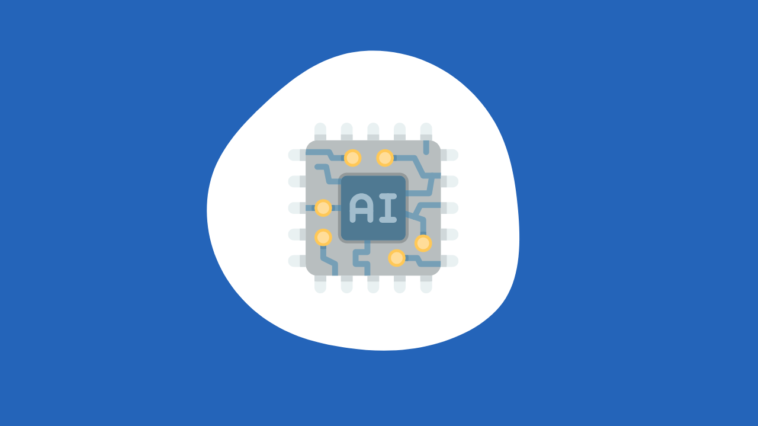Artificial Intelligence (AI) is a field of computer science that deals with the development of intelligent machines that can perform tasks that usually require human intelligence. The use of AI in healthcare has revolutionized the industry by improving the accuracy of diagnoses, reducing the cost and time of drug development, and enhancing patient outcomes.
In this article, we will discuss the role of AI software in medical imaging, drug discovery and development, patient care, and administrative tasks. We will also explore some ethical concerns surrounding AI in healthcare and explain how it can be used ethically.
AI Software in Medical Imaging
Medical imaging is the process of creating visual representations of the interior of the body for clinical analysis and medical intervention. AI has proven to be an invaluable tool in medical imaging interpretation, especially in radiology.
AI software can detect subtle changes in images that may go unnoticed by human radiologists, increasing diagnostic accuracy. Examples of AI software used in medical imaging include AI-powered image analysis algorithms, deep learning models, and natural language processing tools.

AI in Drug Discovery and Development
Drug discovery and development are time-consuming, expensive processes that require extensive testing and validation. AI can be used to identify and validate new drug candidates by analyzing large datasets and predicting their efficacy.
AI software can also help to streamline drug development by identifying potential side effects and toxicity issues early on, reducing costs and saving time.
AI in Patient Care
AI has a significant role to play in improving patient outcomes by providing personalized treatment plans based on individual patient data.
AI software can analyze patient data, including medical history, test results, and clinical notes, to develop accurate diagnoses and treatment plans. Examples of AI software used in patient care include virtual assistants, chatbots, and telemedicine technologies that allow for remote consultations and monitoring.
AI in Administrative Tasks
AI can improve the efficiency of healthcare operations by automating administrative tasks such as patient scheduling, billing, and record-keeping.
AI software can also help to manage patient flow and optimize hospital resources, improving the quality of care and reducing wait times.
Ethical Concerns Surrounding AI in Healthcare
One of the most significant ethical concerns surrounding AI in healthcare is the potential for bias in algorithm development and deployment.
Another concern is the potential for AI to replace human healthcare workers and dehumanize patient care. It is essential to address these concerns by developing AI software that is transparent, unbiased, and designed to work collaboratively with human healthcare workers.
Conclusion
The use of AI in healthcare is transforming the industry by improving diagnostic accuracy, reducing drug development time and cost, enhancing patient outcomes, and optimizing healthcare operations. However, there are ethical concerns that must be addressed to ensure that AI is used safely and ethically.
As AI continues to develop and mature, it is crucial to encourage further research and development to optimize its potential in the healthcare industry.


